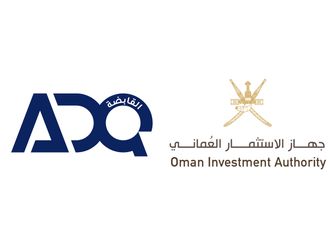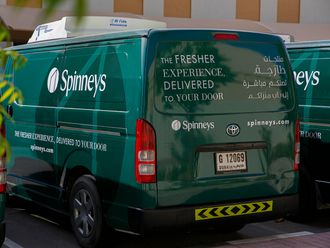Dubai: Gulf investors are involved in relatively less risky infrastructure investment projects in Africa such as telecommunications, shipping and electric power generation including renewables, according to a recent study by Dubai Chamber and Economist Intelligence Unit (EIU).
The Gulf’s interest in investing in telecoms started with Zain of Kuwait and Etisalat entering the African market in 2005. This interest is largely a result of the sector’s relatively low risks compared with other infrastructure areas.
In transport, Gulf investors are most heavily involved in ports, followed to a lesser extent, by airport and road construction and aviation. A landmark investment was DP World’s decision to manage the Doraleh Container Terminal in Djibouti. DP World went on to invest in ports in Algeria, Egypt, Senegal and Mozambique, providing the company coverage across the continent, whilst at the same time boosting the integration of African economies into global trade.
Gulf power companies have growing interest in Africa, and the first mover was Mubadala, which took a 25 per cent stake in the development of a power plant in Algeria in 2006. Today three big players, ACWA Power (Saudi Arabia), TAQA (Abu Dhabi) and QEWC (Qatar) have projects in Africa.
The study notes that Gulf investors are facing and will continue to face a number of challenges which affect the investment decision in Africa especially when it comes to infrastructure, according to a report by Dubai Chamber and EIU.
While Africa continues to present a host of geopolitical risks, investors in the region are likely to face number of operational problems, non-honouring of contracts, currency volatility and change of government and policies.
The study said Gulf investors particularly in sovereign wealth funds, which have done few major deals in Africa, could play a bigger role.
One way to better manage risk is through joint investment with global actors such as development banks and multilateral agencies. African governments already partner with international institutions such as the African Development Bank or the International Finance Corporation, and investors have other options to protect themselves. The Multilateral Investment Guarantee Agency (Miga), a member of the World Bank Group, offers political risk insurance in all countries eligible for World Bank assistance.
Moreover, a growing number of African states have ratified bilateral investment treaties (Bits) that provide investor protection and commit governments to an independent tribunal in the event of a dispute. As more of these agreements are signed, such as the one between Qatar and Kenya in May 2014, Gulf investors can feel more comfortable about managing investment risk on the continent.











